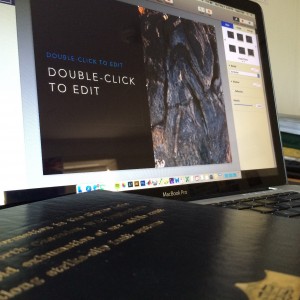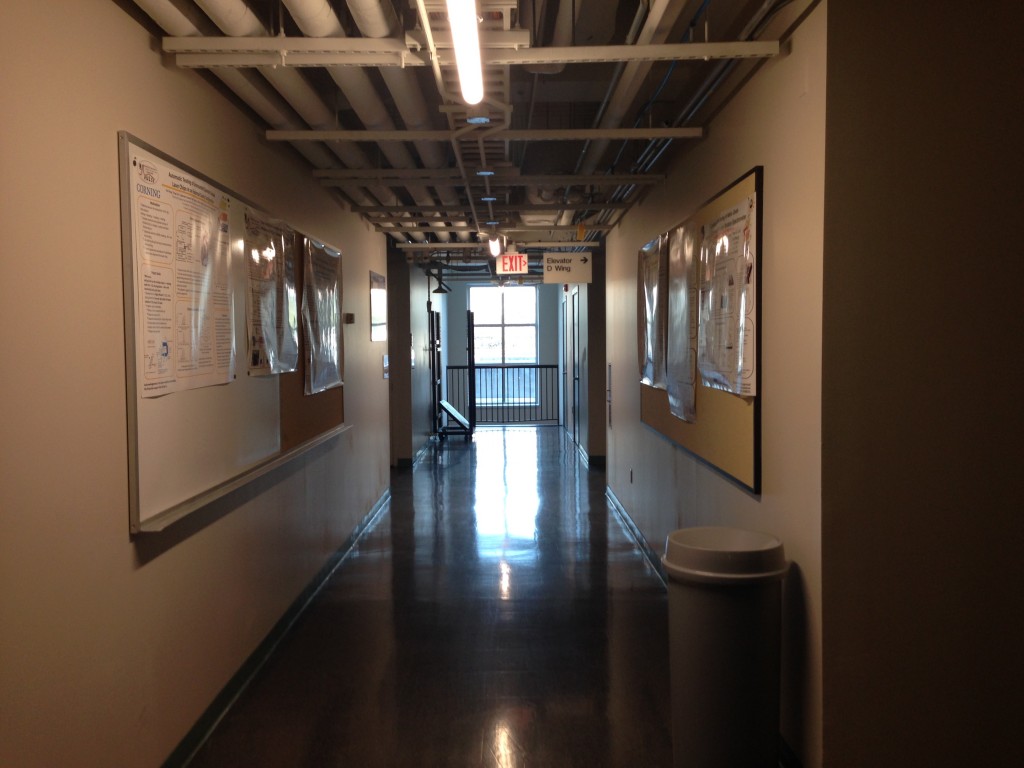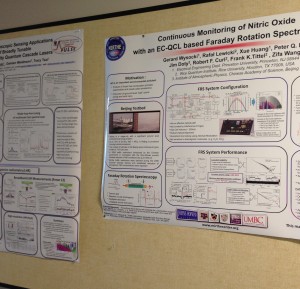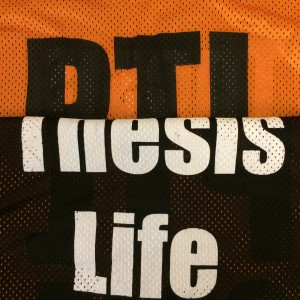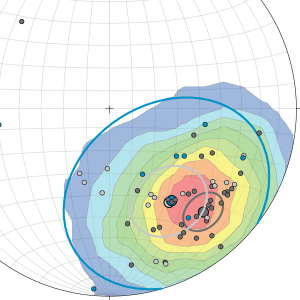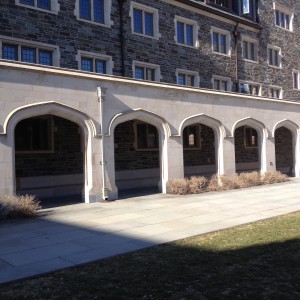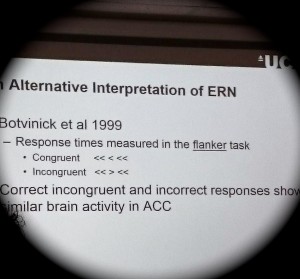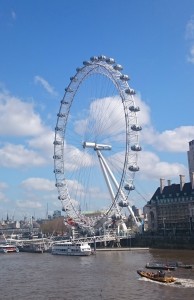
One of the biggest concerns students have when considering studying abroad junior year is how they will work on their independent work, specifically their Junior Paper (JP). While the experience of writing a JP abroad varies from person to person, I can say that I found writing the JP abroad to be a lot easier than I had initially expected! I did, however, intentionally seek out ways to facilitate the JP writing process. Here are a few things I did that can make JP writing a lot easier if you’re planning to go abroad:
First off, I found it extremely helpful to start thinking about my JP in advance, at least a month before leaving for study abroad. Although I wasn’t sure what I wanted to write about, I had a general area that I wanted to explore (cognition in the classroom). By deciding this early on, I was able to meet with my adviser and brainstorm potential JP topics. Together, my adviser and I also found professors at my university abroad who were involved in research related to the areas I was most interested in. I was then able to reach out to these professors via email to introduce myself and find out which classes they were teaching the following semester. I actually ended up taking a class based on the work done by a professor that I reached out to, and it really helped me narrow down my JP interests!
That leads to my next recommendation: design your coursework around potential JP topics. Continue reading A Guide to Independent Work Abroad


